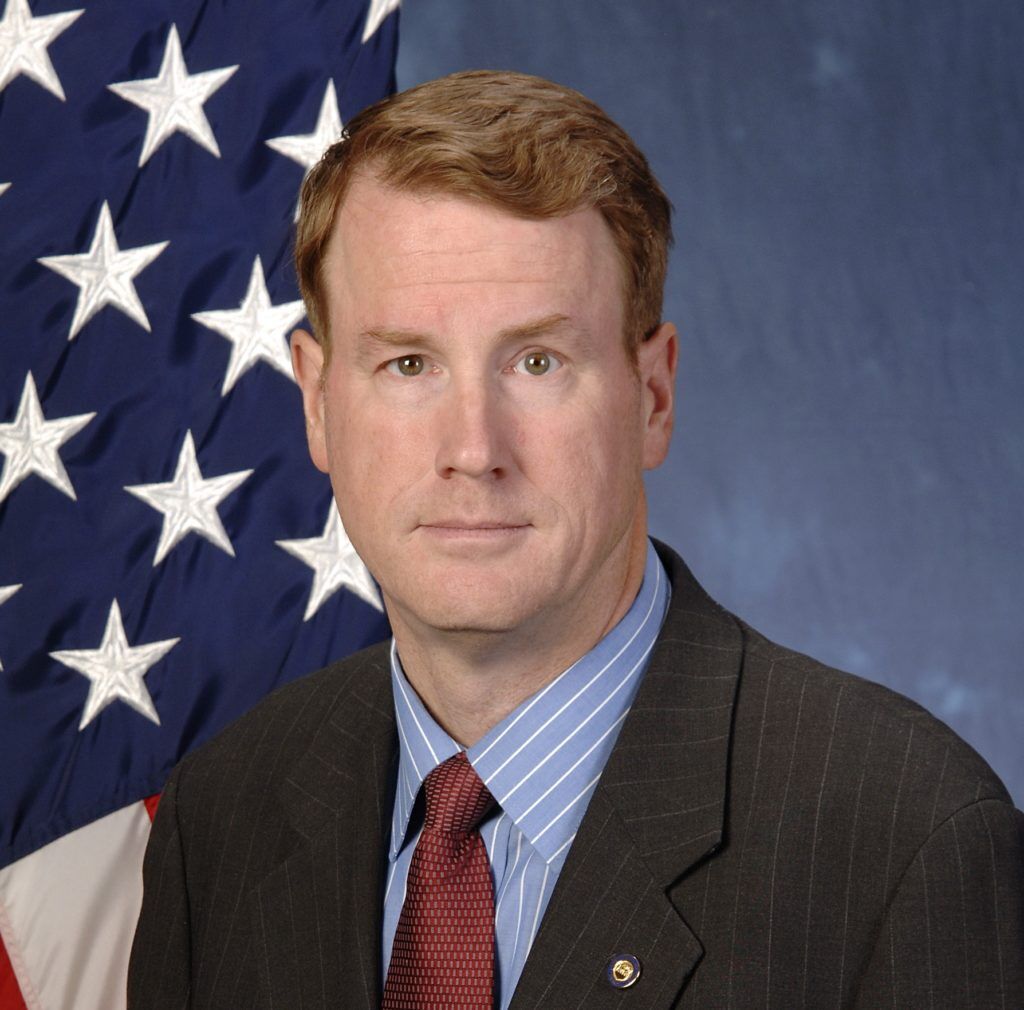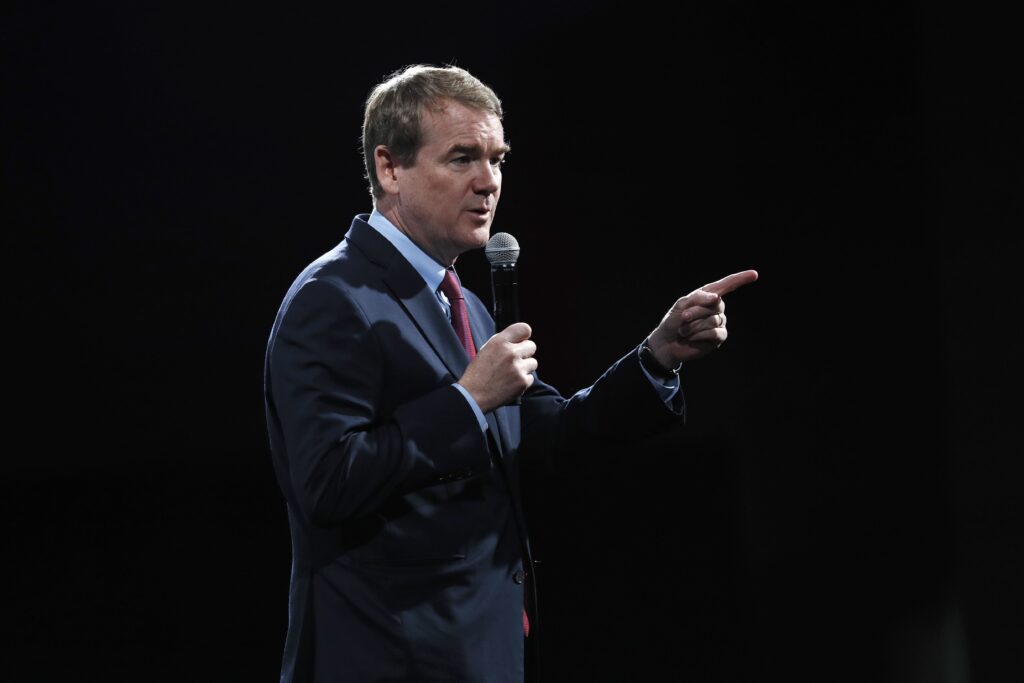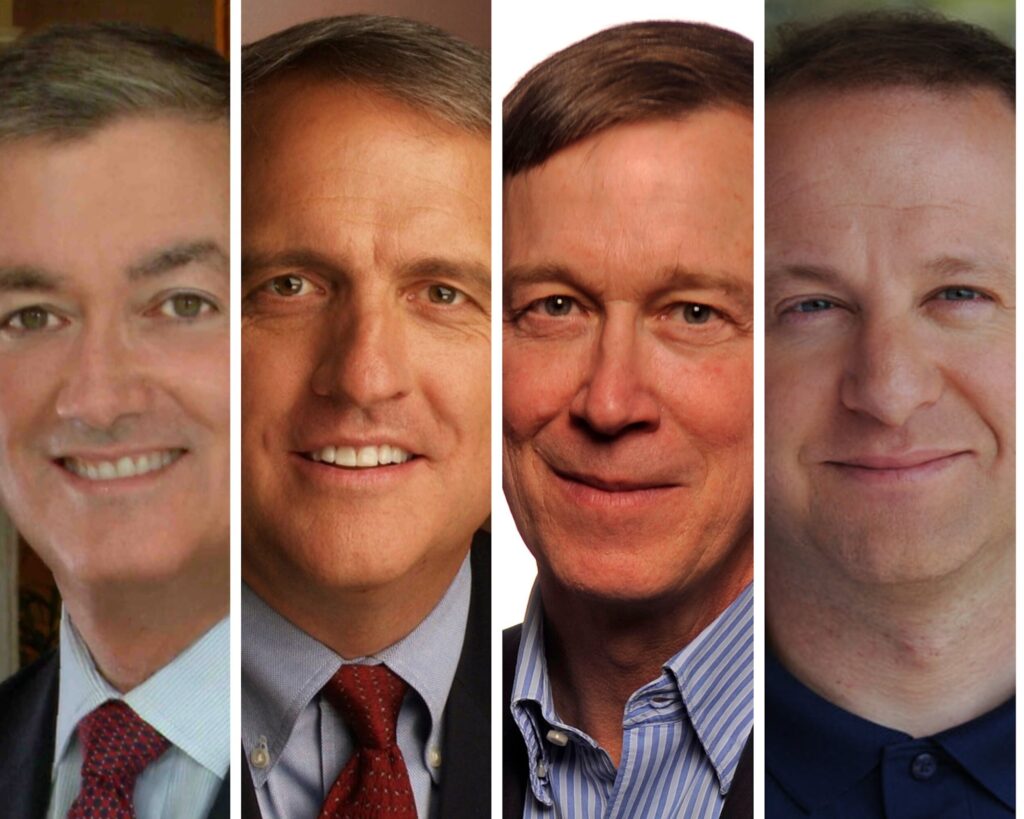BIDLACK | Dark money — tainted candidates


It is a bright and sunny day outside with clear skies with a temperature of about 98 degrees. As you might guess, I’m not in Colorado at the moment. Rather, I’m visiting my daughter and my grandson in Yuma, Arizona. Her husband, a Marine fighter pilot, is deployed overseas and I’m spending some quality time in the bright and warm days found in Yuma, a stone’s throw from the Mexican border.
Which, of course, leads me to the dark days that have descended over Colorado Springs and other locations in our lovely state…
I’m not talking about the clouds that have seemed ever-present in our skies during this so-called Spring. Rather, I’m talking about the flood of dark money that recently cascaded into my generally lovely community. As noted in a recent Colorado Politics story, our recent allegedly non-partisan election for Colorado Springs City Council was awash with mystery money that poured in to support candidates that, if not formally declared to be Republicans, were at least firmly aligned with that party’s agenda.
Thanks largely to the firmly Republican U.S. Supreme Court’s ruling in the Citizens United case, money spent to elect people now counts as free speech. And if you have loads and loads of money that you want to spend as part of an election campaign, not only can you flood a campaign with said money, but you also don’t even have to tell anyone where that money came from. You may recall the recent yelping of many GOPers about the need for transparency here in Arizona – spoiler: Biden won here – as they uniquely define transparency in election matters. But in Colorado Springs that support for transparency is as opaque as the motives and backgrounds of the mystery donors whose names we’ll never know.
I think when we argue about things at the presidential level, we rail against this type of “dark money,” but we also have a sense that both sides are doing it (though not at all equally) and that somehow things like this work themselves out. That is a dubious assertion at the national levels and is, frankly, laughable at the local level, or at least it would be laughable if it didn’t make me want to cry.
In Colorado Springs’s recent city council election, we saw a newly-formed “interest group,” flush with dark money, pouring $128,000 into the campaign in support of three Republican (or at least “republican-aligned) candidates. These jobs, by the way, pay $6,250 per year. But as I’ve shouted about in earlier columns, the level of government that most dramatically impacts our daily lives is not, in fact, the national level. Rather, it is the local officials – such as city council – that make the most direct and impactful decisions about our daily lives. Decisions about zoning for businesses, local tax rates, permits for various business enterprises are all quite important and the spending by the new dark money group demonstrates the truth of that assertion.
So why is what happened a big deal?
If the donors seeking to dramatically influence our local election were above board and honest about who they were and what their goals are, I’d be more at peace (if not fully comfortable) with that level of political spending. But to have the donors (one guy? Ten? A thousand? We don’t know) be able to completely hide their identities and therefore their motives creates a political dynamic that removes much of the election process from the candidates and the voters themselves and rather creates a situation in which the folks with the most money – and therefore the greatest ability to get their message out there – tend to win, as happened in two of the three seats involved in Colorado Springs.
Look, I’m not naïve. When I ran for Congress back in 2008, I relied on donors to fund my campaign and to thereby help me get my message out to the voters of the 5th Colorado Congressional District. But none of my larger donors was able to hide his or her identity (note: in 2008, donations below $200 were not tracked by name). Heck, if I’d had a person willing to spend $128,000 on my campaign, you can be sure that person’s name would have been known and would actually still be traceable on the federal government’s election website, FEC.gov. Spend some time poking around there, it’s fascinating.
But I digress…
I’m a capitalist, and while I want everyone to pay their fair share in taxes, I don’t resent the wealthy profiting from their hard work and acumen. But if these folks want to directly and perhaps decisively impact elections, I think it only fair to know which rich person is doing what for which candidate. Dark money is an abomination, be it at the presidential level, or in influencing who represents my ward in Colorado Springs.
People should be proud of their political activities and should not hide their identity as they seek to alter our government. It’s long past time for legislation that shines a bright light into the darkest of political corners. It’s time for true openness at all levels and in all elections.












